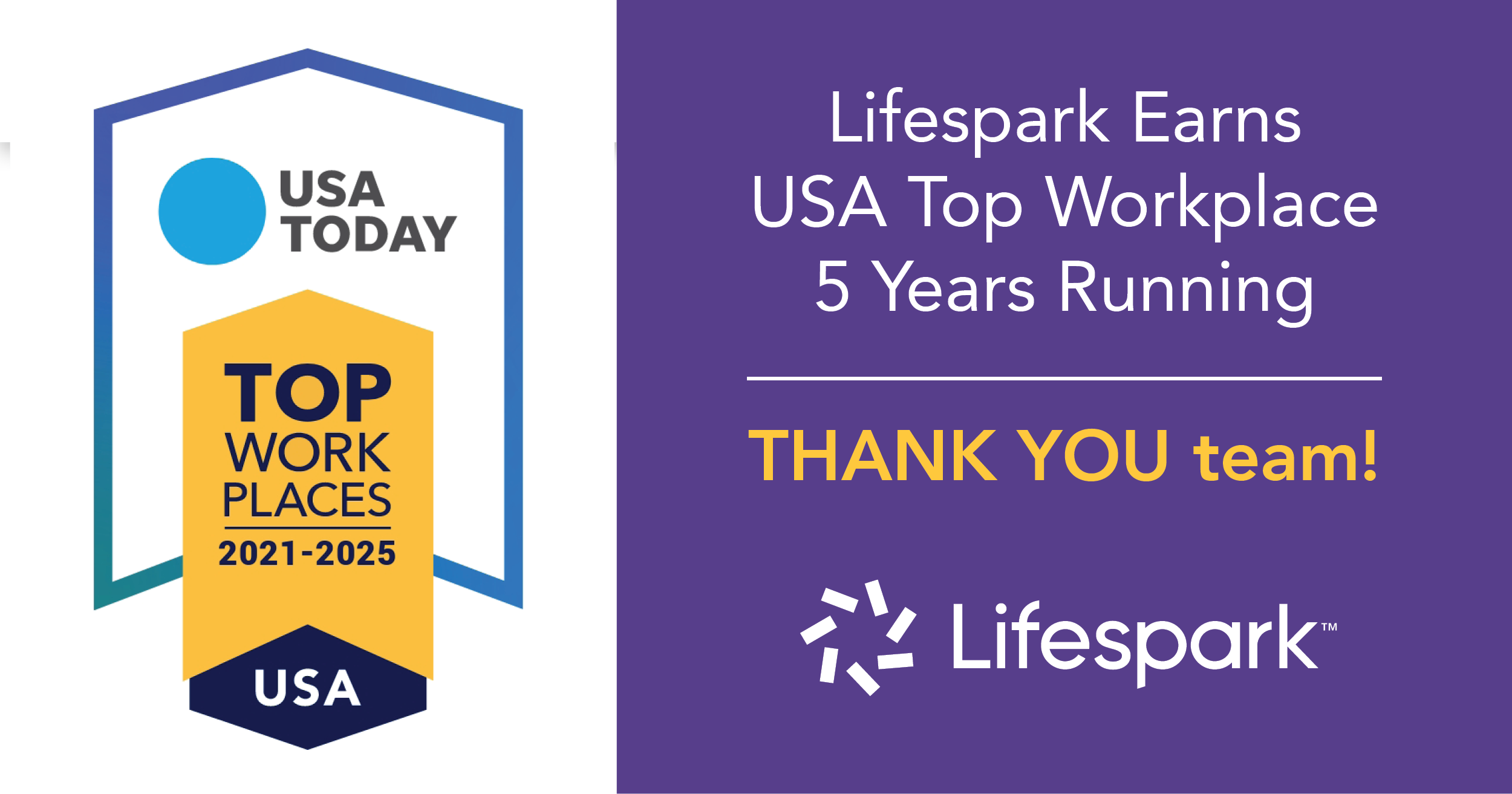
It is an age-old tug-of-war. Adult children worry about their older parents because they care. They worry about Mom eating or Dad taking his medications, or fill in the blank __________ – driving, falling, socializing, getting enough exercise, taking care of themselves, etc. It is the quintessential elder care concern, and often prompts the search for home care and other elder care services.
But older adults have a different perspective: They want their autonomy. Physician and best-selling author Atul Gawande captured it best: We all want autonomy for ourselves but safety for those we love (no matter what their age).
And so we have this natural tension as we age, one that Lifespark nurses working in home care or senior living campuses, encounter on a regular basis.
In fact, one of the main things our team does is to keep the lines of communication open for both the client and family to share their concerns and perspectives. It all starts with building trust. “Our goal as nurses is to encourage open, candid, honest communication. People see it is a gift to have someone with whom they can share their frustrations, concerns, hopes, fears, and that creates peace of mind.
“The deeper the relationship and the longer we know our clients and families,” she continues, “the more we are able to take the stress off them, enabling them to talk openly and ask the questions they may be reluctant to bring up on their own.”
Seniors may not want to worry their children so they stop sharing concerns. Having a third-party professional facilitate these discussions can be so beneficial. They can ask questions to prompt considerations that the family hasn’t thought of or experienced.
“By listening and communicating reflectively on what we have heard from the client and the family, we are then able to focus holistically on the client’s needs AND wishes,” says Julie Flanagan. “Clients and families are reassured when they know their nurse understands the client’s wishes because they then know they will focus on what is best for the client.”
Seniors want to be seen for whom they are – not their diagnosis, their condition, or their limitations.
Lifespark nurses share these tips for clients and families facing these safety concerns:
- Engage a professional in the dialogue – Identify a professional, preferably with elder home care expertise, to help facilitate safety discussions. Helping clients and families broach these discussions is one of the main benefits of Lifespark. You are not in this alone.
- Ensure everyone understands the client’s goals AND wishes – Do you know your older loved one’s wishes and goals? Avoid assumptions which can lead to tensions later. Be sure any elder care service begins with discovering your parent’s goals, not just their needs which may be very different.
- One conversation is not enough – Growing older involves ongoing changes and so clients and families continue to face different issues over time that will need to be addressed.
- Create a safe place for expressing concerns – These tensions can become fractious and create real family rifts. That’s why everyone needs the opportunity to vent without guilt or ramifications, to feel heard, and relieve some pressure.
- Don’t fear the conversation – Far from seizing control from anyone, these conversations are really about ensuring all sides feel heard in the context of wanting what is best for the client based on his or her wishes.
So what does this support look like in action with a real-world example?
What are elder care safety concerns your family is facing? Share your concerns and help others learn. Need help connecting to resources to balance safety and independence? Call Lifespark : 952-345-0919.
Safe Independence On!



